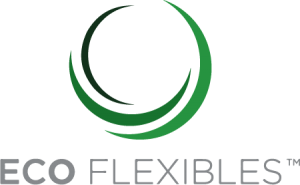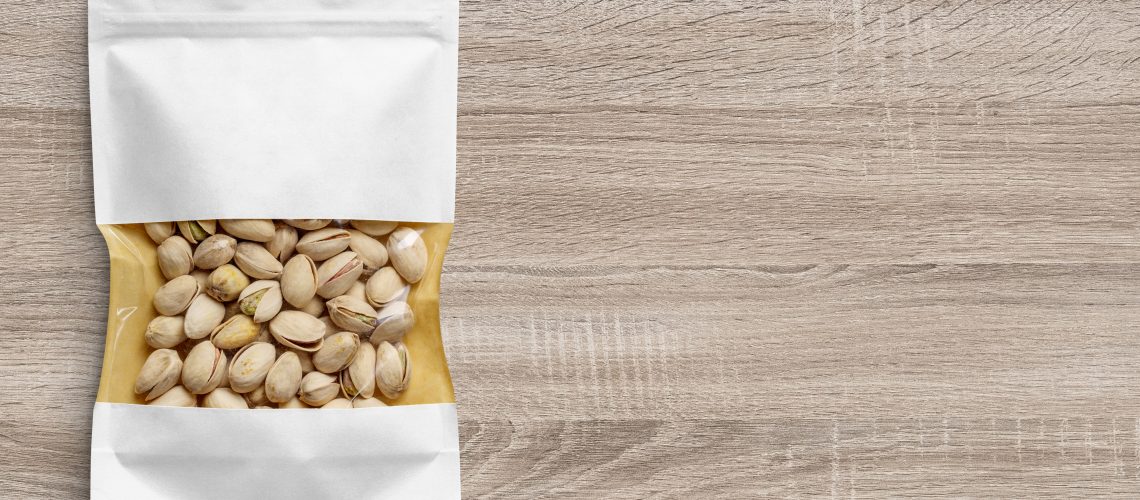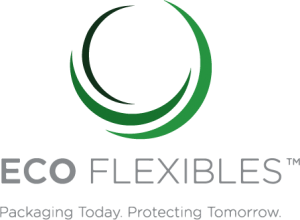Sustainable packaging still matters to consumers and brand eco-credentials are becoming more important to shoppers, impacting on brand loyalty.
A research survey commissioned on behalf of YouGov (an international research data and analytics group headquartered in London) of 2,000 UK adults, found that 52% of them make informed purchase decisions based on a brand’s eco-credentials, while 21% actively ceased purchasing a specific brand or product because of environmental concerns.
More than a third of these shoppers (36%) indicated they have foregone particular food and drink brands as a result of this issue. One in five (22%) indicated that they regularly choose eco-friendly products over less sustainable alternatives, and 48% clocking in with a ‘sometimes’.
On the flip side, brands that have nurtured their eco-credentials are now reaping the rewards in terms of commercial growth and market share, which means businesses should take note.
Blue Planet effect
When looking at the rapid growth of sustainable packaging awareness, it’s important to consider the role of the media, which in turn shapes public understanding and conversation around sustainability. Plastic packaging pollution has become an area that in recent years has been receiving its fair amount of publicity through news, documentaries, and social media. Interestingly, one of the main reasons for an increase in consumers wanting to act against plastic waste was the highly regarded 2017 Blue Planet II documentary series.
The series focused on the relationship between humans and marine life and was produced by the BBC Natural History Unit. In this series, the final episode had a six-minute segment that was dedicated to the disastrous impact that plastic waste is having on marine life today. The footage resonated with viewers and led to a mind-shift on what could be done to manage and mitigate the situation.
As a result, people started referring to the ‘Blue Planet Effect’ explaining why public opinion had shifted against non-recyclable plastic packaging.
Driving development
Consumer awareness of environmental issues is driving the development of sustainable packaging, that for food producers is one of the growth areas that meets the needs of shoppers.
Not only is packaging a resource-intensive sector in an increasingly resource-constrained world, but tonnes of packaging waste are ending up in landfills daily. However, this challenge also provides an opportunity to gain a competitive advantage through developing an environmentally sustainable strategy without sacrificing the all-important needs of the consumer.
The gap between the consumer’s ethical attitude and their purchasing decisions concerning ecological products is important to the packaging industry and should be an area of concern for food companies.
Packaging products should embody convenience, safety, and comfort for consumers, and brands have to demonstrate their concern for the environment, can no longer get away with just paying lip service. Savvy consumers want to see evidence that their shopping habits aren’t hurting the world around them, or they’ll go elsewhere and engage with other alternatives.
Sustainable solutions
UK headquartered sustainable flexible packaging business, Eco Flexibles, offers solutions which supports brands, packers and retailers in switching to sustainable alternatives. The company believes that a ‘one-size-fits-all’ design does not benefit either the consumer or the brand. Instead, the company takes a more in-depth approach by offering lightweight monopolymer-based designs that don’t compromise on pack functionality, performance, quality, or visual impact.
Common barriers for brands when implementing more eco-friendly packaging projects include new product development time and resources. Eco Flexibles, with its extensive experience in sustainable packaging design, takes these pressure points away by handling projects from concept to completion.
For brands of every size, this creates packaging with a much clearer call to action for the consumer. Packaging developed and supplied by Eco Flexibles can be recycled in existing waste streams as easily as PET, cardboard or paper.
In conjunction with the sustainability benefits that flexible packaging already has over rigid packaging, this can provide strong sustainability messaging for brands that go above and beyond the ‘greenwashing’ that turns consumers off.
Is your team ready to turn intent to action and develop sustainable flexible packaging that connects with today’s consumers? Get in touch with our team to discover more about how Eco Flexibles can help.


